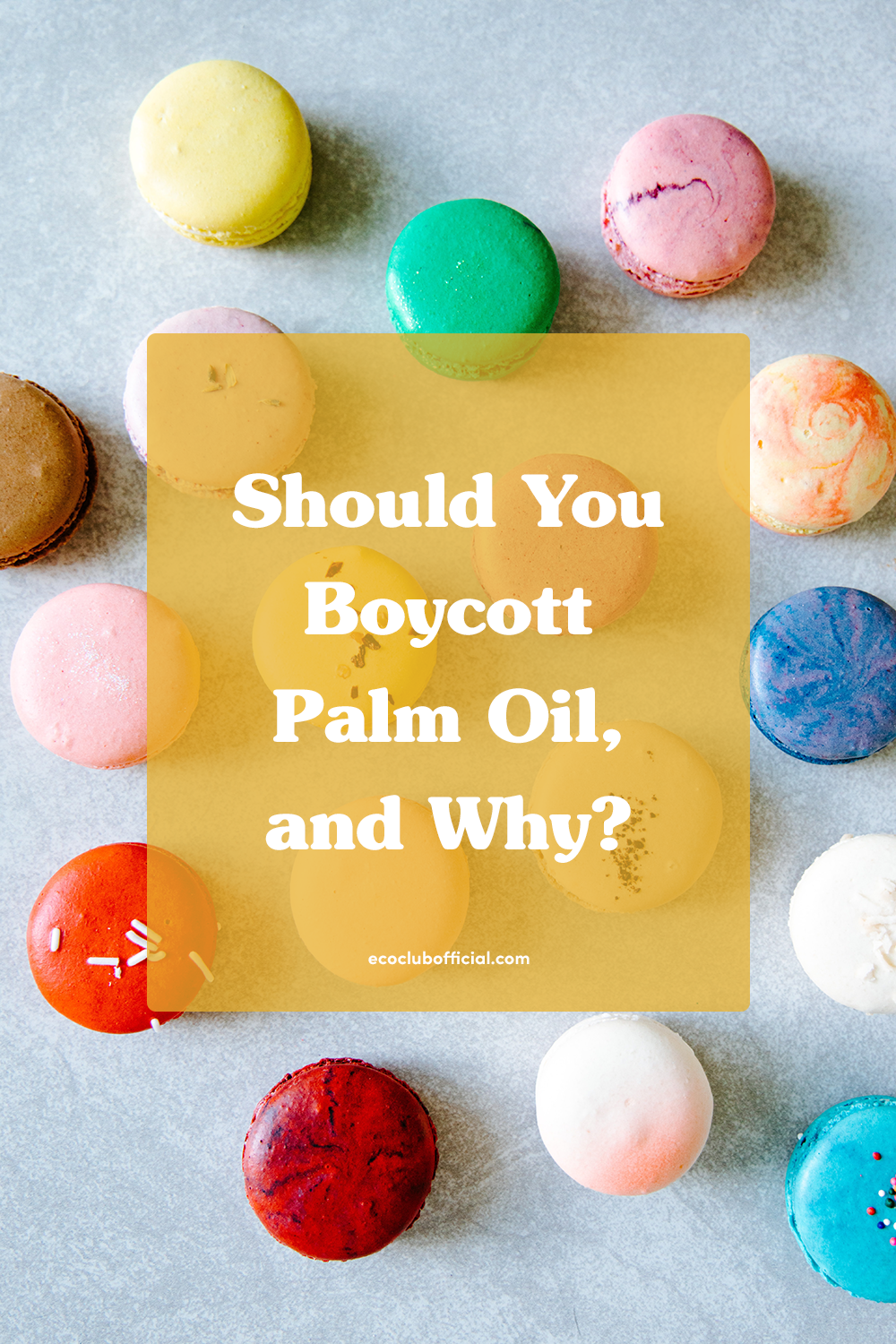With the surging interest in alternative oils in the last few years (hello oil pulling) there’s one that many people still don’t seem to know about. For the most part, that’s by no fault of their own. Palm oil is such a divisive additive that companies have gone as far as implementing alternative names like Etyl palmitate that, let’s be real, most of us are likely to gloss over. So let me, someone who stumbled upon the horrible reality of palm oil one day many moons ago, open this discussion about its benefits, or lack thereof, for the average consumer:

Like any fat-based ingredient, palm oil has its baser benefits. It’s rich in antioxidants, and an excellent source of Vitamin E. In a bid to be as unbiased as possible, I acknowledge that palm oil does have positive features, although most of those are for the businesses that utilize it (it’s as effective in baked goods, for example, than any other vegetable oil, but cheap). And that’s why it’s exploded in popularity as a component in products ranging from shampoo to 95% of your favorite Trader Joe’s snacks. (I’m sorry, it had to be said. As someone who worked there for almost three years, I always felt discomfited by the company’s liberal usage of palm oil in literally EVERYTHING.)
Is Palm Oil Bad For You?
If you’re wondering whether or not palm oil is bad for your health, the most apparent negative attribute is that it is, simply, an oil. That means it’s not only high in saturated fats but can cause health conditions such as elevated cholesterol if consumed in excess over a long period of time…. which is kind of inevitable when it’s in most of the packaged foods we eat.
And while those are two very real worries, if I’m being honest, they’re minute concerns of mine compared to its larger impact. On a macro level, palm oil has far more troublesome implications for us as consumers. Globally, environmentally… We should consider how palm harvesting has expedited deforestation, its implications for our economy, and how it’s personally affecting our wallets.
Can Palm Oil Be Sustainable?
If you’ve been making strides in adopting green living, and know of palm oil and its pervasive presence in U.S. goods, you may have concluded that while you may not be able to avoid it, you could at least choose products sourced ethically—at an upcharge, no doubt. And while that’s an admirable effort, with how the palm oil industry functions, there is no way to guarantee the oil in your favorite ice cream isn’t harming the environment. In fact, studies show that sustainable-certified palm oil farms are actually being decimated faster than their non-certified counterparts. No doubt because our collective zeal for living organically has somehow ironically come back to haunt us e.g. Fiji Water.
As someone who’s grown more economically conscientious over the last few years, palm oil is like the boogeyman: its presence is never far, and it’s exhausting trying to avoid the ingredient entirely. I know how destructive it’s been for the environment, its role in global warming, and how it’s ravaged the orangutan population—and yet it feels like I’m yelling fire in an empty room.
There are so many other real-world problems today that addressing the inescapable presence of palm oil in our consumable goods seems to have fallen to the wayside. And I get it; tackling single use packaging and plastic straws just feels more manageable, and the sense of gratification is far more instantaneous.
At the end of the day, the only person who can decide if palm oil is good or bad for you is yourself. There are so many facets to consider—accessibility, cultural utilization, personal preference, and health considerations—that while the answer may seem obvious to me, it may not be that simple for you. (I mean, it’s near impossible to avoid in packaged foods; if you’re shopping on a budget then boycotting may not even be an option.) Far be it for me to police what you can buy; gatekeeping is a permeating issue within the green community that I’d really rather not be a part of. In all honesty, all I’d like is to spread awareness so that everyone can come to their own educated conclusions.
Do you have a strong stance on palm oil? For those who avoid, share your tips! For those who are just now learning about this ingredient—what should I explore next?

[…] you love to support your local Girl Scouts, you may be disappointed to learn that they use palm oil (from unsustainable sources) in their cookies. I learned this during my first January boycotting […]